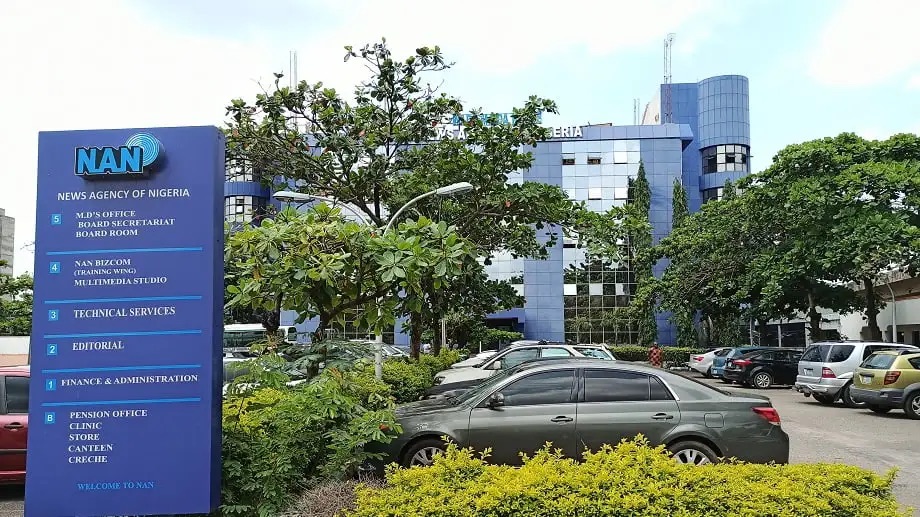In a disturbing incident that highlights the growing security concerns in Nigeria, Gregory Maduakolam, an Assistant Editor-in-Chief at the News Agency of Nigeria (NAN), was released by his kidnappers after spending two days in captivity. Maduakolam was abducted on Thursday evening in Irete, near Owerri, the capital of Imo State, while inspecting accommodation with a friend and a house agent. The abduction occurred when five young men emerged suddenly, ambushing the group and forcibly taking Maduakolam.

The kidnappers, who had taken the journalist to an undisclosed location, demanded a ransom for his release. During his time in captivity, Maduakolam was subjected to physical abuse, and his captors seized his phone, draining his bank account. Despite these harrowing conditions, Maduakolam was able to retain hope due to the unwavering support of his family, colleagues, and friends who worked tirelessly to secure his release.
After two days in captivity, Maduakolam was released late Saturday night following the payment of an undisclosed ransom by his family. The family, along with NAN management, had been in constant communication with the kidnappers throughout the ordeal, negotiating for his safe return. The release has brought some relief to his loved ones and colleagues, though it has also sparked widespread concern over the growing frequency of kidnappings in the region.
Maduakolam expressed gratitude to God for his safe return and thanked those who showed concern for his well-being, including the management and staff of NAN, as well as his friends, who kept in close contact throughout the ordeal. He described the experience as terrifying and harrowing, recounting how the kidnappers treated him harshly, yet he remained resolute in his belief that his release was imminent.
The abduction of the NAN editor comes at a time when journalists and media personnel in Nigeria are increasingly becoming targets of criminal elements. The safety of journalists, particularly those working in conflict-prone areas or covering sensitive issues, has become a growing concern for both local and international organizations. This incident underscores the urgent need for better security measures to protect individuals in vulnerable positions, particularly in the southeastern region of Nigeria, where abductions have been on the rise.
Authorities have yet to make any arrests related to the kidnapping, and the police have not issued an official statement about the incident. The lack of concrete action by security forces in the face of escalating crime has prompted calls from the public and civil society groups for a more effective response to combat kidnappings and ensure the safety of all citizens, particularly those working in high-risk professions such as journalism.
The case has also sparked wider discussions about the alarming increase in the rate of abductions and other violent crimes in Nigeria. While the authorities are urged to intensify efforts to curb these security challenges, there remains a growing sense of unease among the public, especially those in vulnerable positions. The Nigerian government is now under increasing pressure to take decisive steps toward ensuring the safety and security of its citizens, as well as providing adequate protection for journalists, human rights activists, and others who are often targeted by criminal elements.